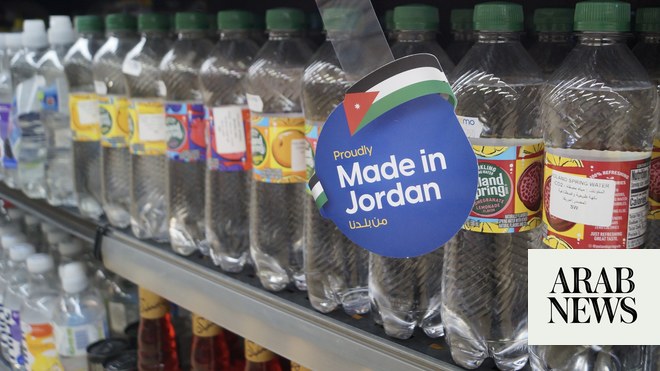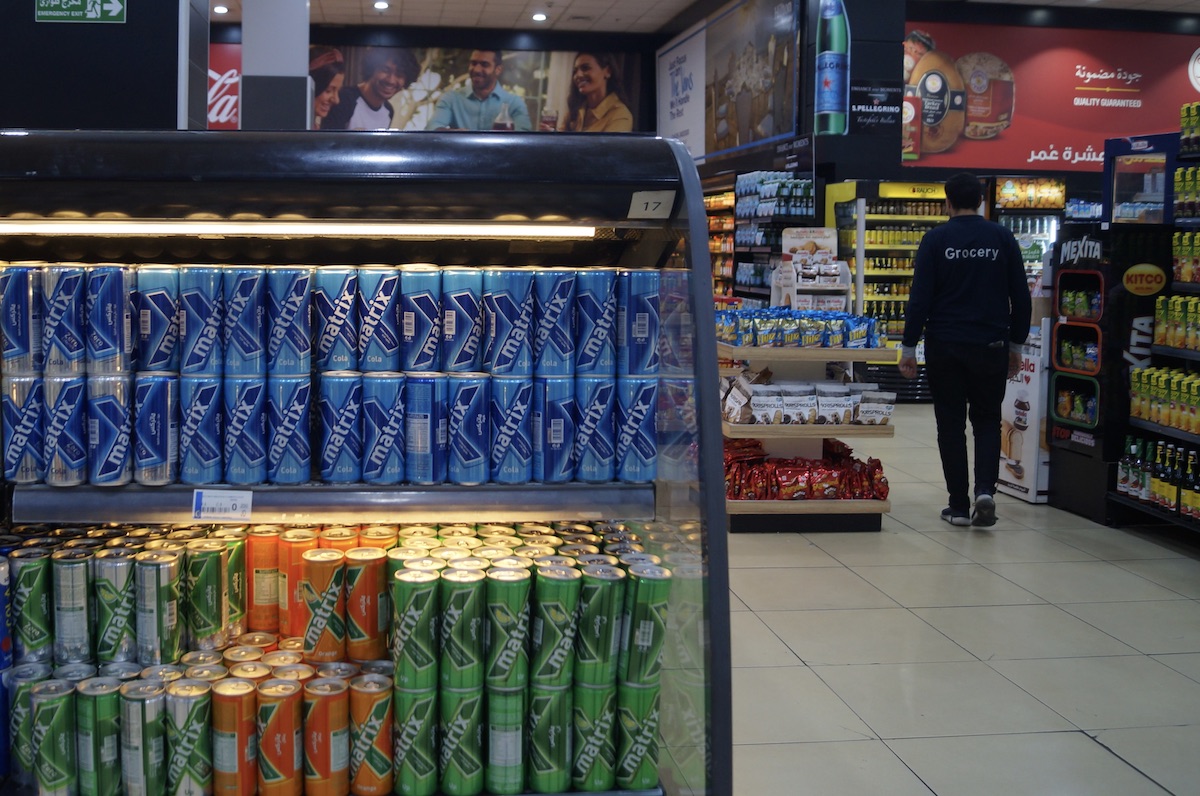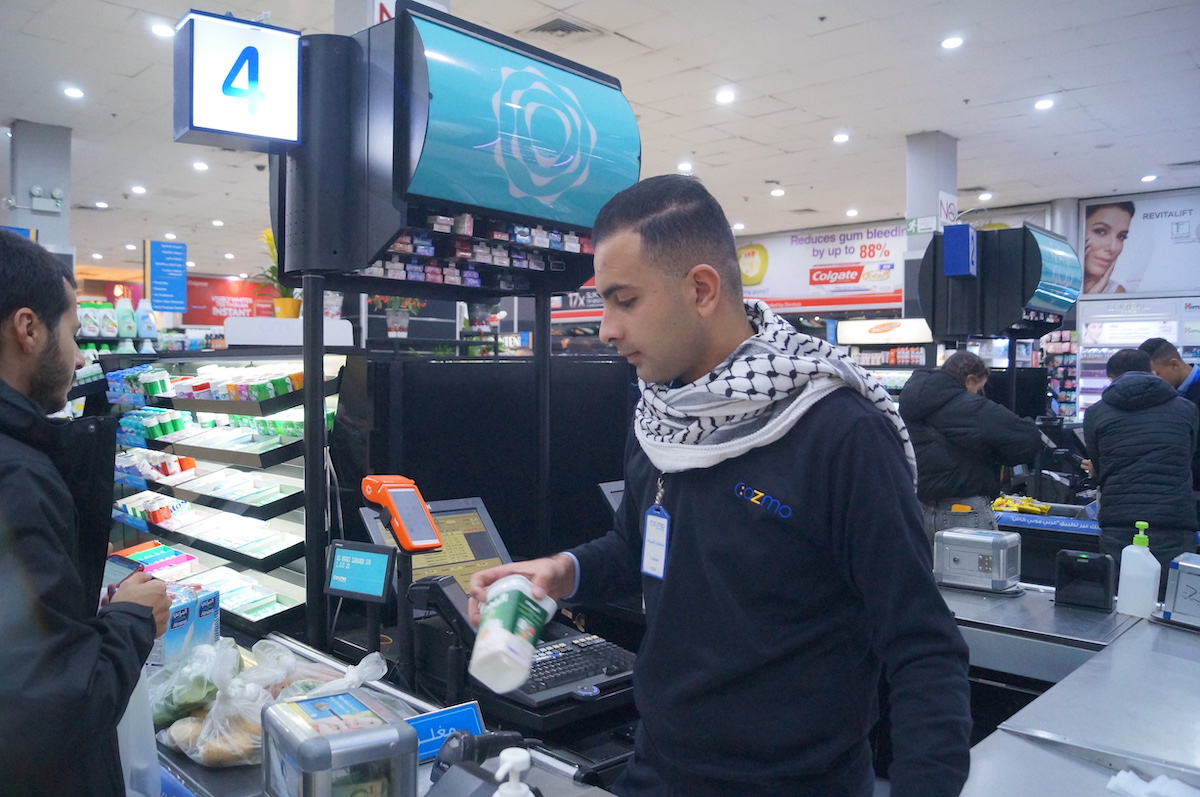Fizzing with change: Jordanian soda sales surge amid anti-western boycott

[ad_1]
AMMAN: At supermarkets in Amman, a quiet revolution is bubbling up in the beverage aisles.
A grassroots movement protesting the alleged support of Western companies for Israel amidst its brutal war in Gaza is reshaping the Jordanian market share of Pepsi and Coca-Cola.
Shelves that once displayed rows of these staple American beverages are now making room for local alternatives, which have seen a surge in sales in recent months.

At the forefront of this shift is Defaf Al-Nahrayn Company (DNC), the owner of the trademark Matrix Cola, a Jordanian soda and juice manufacturer established in 2008.
For over a decade, the company primarily focused on exporting to neighboring countries as it grappled with the dominance of foreign giants in its home market. However, responding to the recent surge in local consumer demand, DNC has doubled its production capacity of Matrix Cola.
Marketing Manager Abdalmo’een Ibrahim Abu Zaid told Arab News that since the boycott gained momentum in October, DNC has expanded its distribution across the entire Kingdom by increasing both its workforce and convoy fleet.
He noted that this shift is particularly noticeable in the capital city, where the call to boycott Western products echoes the strongest.
This sentiment is reflected across Jordan and other Arab countries, where many assert that Israel’s occupation of Palestine would not be possible without the support of the US and some European countries and corporations. Pepsi and Coca-Cola are among the brands facing criticism.
Palestinian rights activists have slammed Coca-Cola for operating a factory in the Israeli settlement of Atarot in the occupied West Bank. Pepsi, too, has come under scrutiny following its 2018 acquisition of the Israeli-based manufacturing company SodaStream.

Sultan, a cashier at Cozmo, a popular supermarket chain in West Amman, shares his observations: “Customers are committed to boycotting, with most looking for alternatives to brands that support Zionism.” At this particular store, all employees wear Palestinian keffiyehs in a show of solidarity with Gaza.
Sultan estimates that about 90 percent of customers are actively participating in the boycott. The store has responded by labeling local products, aiding customers in their search for ethical alternatives.
According to the Palestinian-led Boycott, Divestment, and Sanctions (BDS) movement, 93 percent of Jordanians are participating in boycotting Western companies that support the Israeli occupation.
“BDS launched its campaign in Jordan during the Israeli war on Gaza in 2014. At that time, public support for boycotts was relatively weak. People were skeptical that it would not make a difference,” Randa Jamal, a member of BDS Jordan, explained to Arab News.
Jamal added: “For years we’ve been campaigning, raising awareness, educating students at schools. Campaigning has led to successes and major companies selling up and leaving Israel altogether and a range of investors divesting from Israeli and international companies.
“Now, we know that this has made a difference. People now know how powerful of a tool boycotting is.”
As the war in Gaza extends into its third month, a growing number of Jordanians are choosing to express their condemnation using their purchasing power, reflecting a heightened awareness of the ethical implications that everyday consumption carries.
[ad_2]
Source: Arab News




